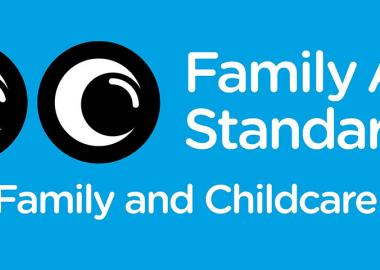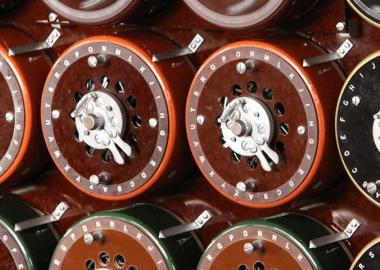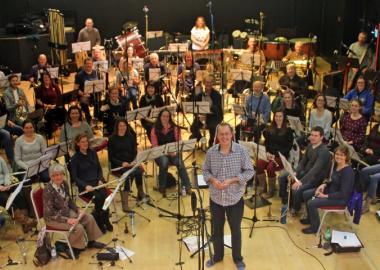Sharon Moloney of member group Opal Flutes explains how teaming up with another group gave them an opportunity to experience repertoire that would otherwise be off-limits.
Background
Our group is made up entirely of flutes, but listening to an entire concert of flute choir music can get a bit boring for the audience as there is not much variety in the sound. We also thought it would be nice to have a ‘guest group’ to share our concert as that meant less repertoire for us to learn, and therefore less pressure on us. We also wanted to expose ourselves to new audiences. Another group that we know makes a habit of having a ‘guest spot’ in their concerts for another small group of musicians, so we decided to adapt the same format.
The challenge
Our concert had a specific theme, so we wanted any group we invited to join us to fit into that. We also wanted to find a group that would make a nice contrast to flutes (so other woodwind instruments were out). Other than that, we simply wanted to put on an enjoyable concert to our usual high standard, and maybe make some new contacts in our community.
What we did
We were lucky in that we found a group to share the concert with naturally – I found out that my work colleague ran a choir in our local community and I asked her how she felt about a joint concert, and she was enthusiastic about the idea!
We decided that Opal Flutes would be the main attraction and the choir, Peckham Rye Sings, would be the guest spot for 10 mins in each half, with a joint number at the end. Opal Flutes already had a theme ‘Somewhere Beyond the Sea’ and the repertoire planned, so the choir just needed to choose suitable repertoire that fitted in with that. Our main struggle was finding a suitable song for the joint finale – in the end I asked the opposite MD to choose a song for the choir to sing, let me have a copy of it and I would arrange the accompaniment for flutes.
We were helped by the fact that myself and the opposite MD work together in our day jobs, so we were able to keep communications open and talk often about the project. However in reality there was not much to sort out – Opal Flutes ran it as one of their own concerts, and all the choir had to do was turn up and sing. We agreed to rehearse the joint number on the day – we felt as MDs that we both knew it well enough and that it would be easy enough to put together on the day without any prior rehearsal.
The results
The concert was musically a great success, though we would have liked to have a bigger audience – there was no noticeable increase in audience size despite the choir being there. The joint number was a lot of fun, and worked well – we would have liked another opportunity to perform it. The joy of sharing the concert meant both groups were exposed to new repertoire and gained an appreciation of each other’s contribution, and the audience appreciated the variety of having two different groups.
I was particularly pleased when the choir’s MD reported back to me after the concert that lots of her choir members had been enthusiastic about dusting off old instruments and learning to play them again, as a result of hearing the flute choir perform.
Opal Flutes are very keen to do joint concerts again, so we will seriously consider doing so at some point in the future, using the same format.
What we learntI highly recommend a joint number if you are going to share a concert with another group – it’s great to work with others, and experience different sounds as part of your own music making, as well as adding variety to a concert. In our case, it allowed us to experience a particular song that we would not otherwise have come across. One thing I wish I had done was to get someone to stand at the back to check the balance of the joint number – no-one was available to do this in the rehearsal, and feedback from the audience suggested that they had been unable to hear the flute accompaniment over the choir during the performance (whereas we were worried we were being too loud and drowning them out!). So definitely make sure you balance-check everything, even if you think you don’t have time to. Finally, keep the lines of communication open, and be very clear about who takes the lead in planning the event. In our case we specified the host/guest relationship from the start and that worked well for us. |
Find out more about Opal Flutes on their website or follow them on Facebook / Twitter.
Find out more about Peckham Rye Sings on their website or follow them on Facebook / Twitter.
We hope you find this Making Music resource useful. If you have any comments or suggestions about the guidance please contact us. Whilst every effort is made to ensure that the content of this guidance is accurate and up to date, Making Music do not warrant, nor accept any liability or responsibility for the completeness or accuracy of the content, or for any loss which may arise from reliance on the information contained in it.











